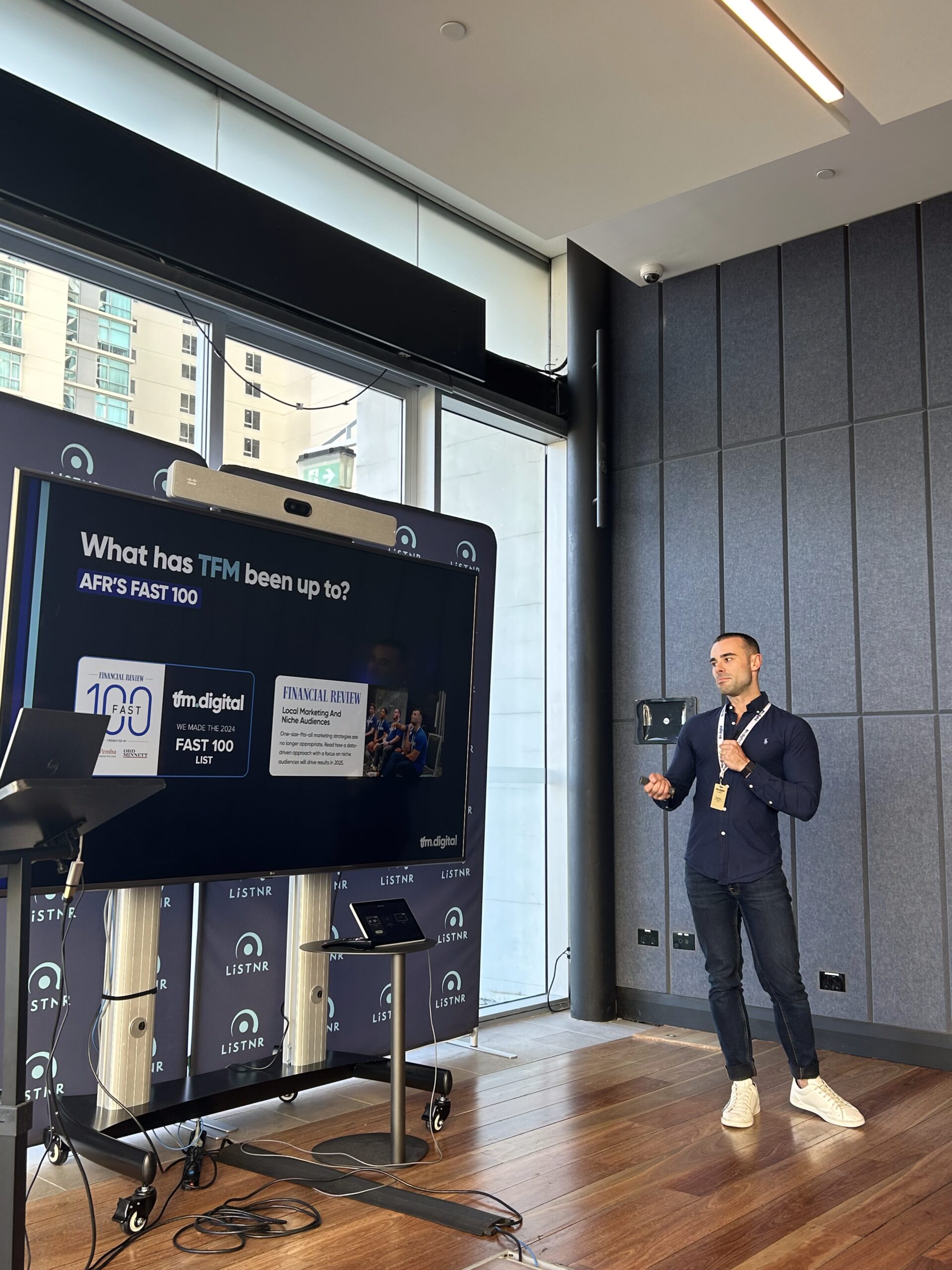If you have heard about and know something about SEO, chances are you have also heard of on-page SEO.On page SEO is the process of optimizing web pages to help websites rank higher in SERPs. Effective on page optimization can help your website rank higher on search engines and get more website visitors. This guide will focus on the most essential aspects of on page optimization. Below we will dive into ways you can enhance your website’s ability to attract traffic through on page SEO techniques.

Writing Content that Offers Value
In the realm of SEO content is not just king, it can be considered to be the emperor. It’s that important. But it is important to keep in mind that it is not about just creating content for the sake of it. Search engines like Google will rank quality content as they are focused on offering their users the best possible experience. Focusing on creating quality content will help keep users coming back for more. Users will spend more time browsing your content if it offers a lot of value. The more engaging the content, the more likely a user will spend time on your website.Quality content contributes towards positive user experience, which is a strong signal for search engines like Google that users find your content helpful and useful.
This will result in search Engines ranking your content higher than your competitors on Google or any other search engine as users find it highly relevant and it matches user intent. If your content meets the needs of your users and they keep revisiting your website, Google will rank your website higher on the SERPs.
If you are looking for large volumes of online traffic, then higher rankings will allow you to get more organic traffic. Content that is relevant and adds value to the lives of your users will lead to more and more traffic coming to your website.
To truly stand out with the content you have to offer you need to establish yourself as an expert in your specific field. Keep in mind not just to create content because you feel that you must. Your content should add something unique in terms of the value and insights you have to offer. This will help establish your brand as a pioneer in your field of interest.
Keyword Research and Placement
Keyword research is one of the most important aspects of on-page SEO. It deals with figuring out the words and phrases clients use to discover content that is relevant to their needs and requirements. Keyword research can be done using tools like SEMrush, Ahrefs, and Google Keyword Planner which can be used to discover high search volume keywords as well as variations of them.
You might want to consider aiming on creating natural, informative content that uses your target keywords well. If you overstuff your content with keywords, chances are it will affect your SERP rankings and the user experience of your website adversely.
Search Intent
By having a clear idea about user search intent, you can take the necessary time to tailor your content and keywords to target and attract the correct audience depending on whatever stage in the buyer’s journey they might be. There are different types of search intent including informational, transactional and navigational.
When users look for information or a solution to a problem or to learn more about a topic they might be interested in. Search queries like best perfumes for women or how to orgnaize your wardrobe.
Transactional intent is when a user is looking to purchase a product or services. For instance, “buy a phone online” or “shoe shops near me.”
Next comes the navigation intent, which is where they want to go and are searching online for a specific website. If you are thinking about targeting these types of keywords, you might want to consider your brand name and remember to include certain products or services you offer with the location of your business.
Finding the Best Keywords for Your Business

Keyword research is key to any successful SEO efforts. By selecting proper keywords, it will make it easier for you to attract the right audience to your website and help you achieve your marketing goals. Here are some things you can do to find the right keywords which are relevant for your content.
Long-tail keywords
These keywords are more specific phrases with lower search volume but have high conversion rates. For instance if you are selling phones then you might want to consider targeting the best phones for digital marketers, then you will tend to get more users who are looking to purchase a phone rather than someone looking for frying pans for instance.
Competitor Analysis
You might want to take a closer look at what keywords your competitors are using and ranking for to give you what terms might be relevant to your business, so that you can take steps to rank higher than your competitors on the SERPs. It is important to keep in mind not to just blindly follow or copy your competitors.
Related Searches
Most search engines offer related searches as suggestions at the bottom of the SERPs. These are excellent for identifying relevant long tail keywords you might want to use in your content.
If you are wondering where you can insert these keywords, you can consider including them in your title tags, meta descriptions, headings, body content and URLs.
Add Optimised Images
High quality images capture the attention of the users, break up text and make your content more attractive. From the point of SEO, optimized images with related keywords in fule names and alt text descriptions can help boost your rankings in image search results and send extra strong signals to Google or other search engines.
Unoptimized large images can considerably slow your website down. This impacts user experience and SERP rankings negatively as search engines give top priority to pages that load fast. You can use tools to compress your images to help reduce image size without compromising on quality.
Accessibility should be top of mind, if you are planning on-page optimization. Including alt text descriptions will help visually impaired users and help search engines understand the images on your web pages. Make sure to succinctly describe image content, with relevant keywords included.
Last but not least, you should remember to optimize your content for mobile browsing and smaller screens. This includes using responsive design techniques or crafting multiple image sizes for different types of devices. As browsing online using mobile devices is on the rise, optimizing your website for mobile will help make your website more user friendly.
Incorporate Internal and External Links
You can think of links as adding credibility to your website, as long as they are from quality sources. If you have a considerable number of high quality links that direct users to your site, the more trustworthy and authoritative Google and other search engines will consider your website to be, and will therefore rank your websites higher compared to the web pages of your competitors.
Internal links help connect your websites which makes it more discoverable. It helps your target audience to find you and signals to search engines that your website is well organized. If you consider your website to be a library, internal links act as pathways guiding users to what they might be interested in and help them find solutions to their problems.
Links also help pass on authority like a vote. If you have authoritative sites linking to your website, it will help boost your website rankings. Internal linking helps distribute link juice across your website, which makes important pages stand out.
If you take the time to build links to reputable sources, it shows that you have taken the time and efforts to enhance your content’s level of trustworthiness. It’s kind of like adding citations to a report or research paper.
Take care to use relevant internal and external links to create a user friendly, and informative site. This will help search engines reward you with good rankings. It is important to have quality links linking to your website, rather than a lot of low quality websites linking to your site.
Use Title and Header Tags
Take time to craft clear and succinct titles that use keywords strategically to help your content attract the right type of visitors and do your part to help search engines like Google get an idea about your content. If you take the time and put in the effort to do these, you can boost your on page SEO considerably. Titles and headlines act as signposts to your content.
Title tags are the headlines users see in search results. It is akin to the big signs that direct people to different shops depicting what they offer. Search engines use title tags to get an idea about the content of your page.
Header tags are used within your content like section titles of a book. These help break up your content, which makes it easier for the end user to skim and scan your content. Clear and crisp tags with relevant keywords help users find targeted content that they are looking for header tags to understand the structure and the key points of the content.
Catchy but relevant titles and headers ensure your content stands out in search results and entice users to click. These elements let search engines identify what your content is about, so that they can rank your content on your website.
Websites that have effective titles and headers ensure your content stands out in search results and entice your target audience to click.
Lightning fast loading speeds allow for positive UX (user experience). This allows users to get the details they require efficiently and effectively, which increases the probability.
What is the Difference Between On Page and Offpage SEO
If you have come across the term on page SEO, chances are you might have also heard of Offpage SEO. if you are wondering what is the difference between the two, then you are in luck! You are about to find out now. On page SEO relates to everything you can control on your website, which includes things like page load time and optimizing the content. Off page SEO involves backlinks from other websites that are reputable.
Both on page and off page SEO are important for your overall SEO strategy. On page SEO acts as a foundation, which ensures that your site is running smoothly. It is important to keep in mind that on page SEO doesn’t work overnight. It takes time and effort to make it work. Both of these components of SEO can be compared to running a marathon rather than a sprint. It requires consistency, persistence and patience.
Regardless of the size of your business there is a lot to gain from investing in on page optimization. On page SEO ensures that your website is discoverable for the keywords you target and optimize your content. On page SEO is connected to search intent which is why a user might be searching for something online on a search engine like Google. Most often users go online to search for answers to a question, or TFM Digital is the leading SEO agency in Brisbane that provides custom SEO solutions for our clients. With the aim of visiting certain sites or with the aim of purchasing a product or service. If you find out the why, then you have won half the battle. Understanding search intent will help you create content that matches what your ideal user is searching online. As mentioned before it’s about offering loads of value through your website, so that your target audience keeps coming back for more value. Using SEO tools, you can optimize your website for better discoverbility



